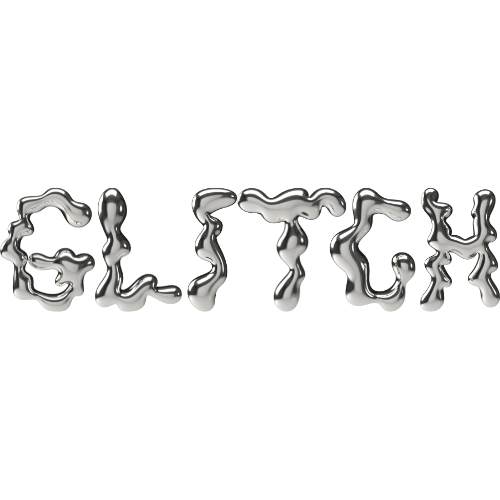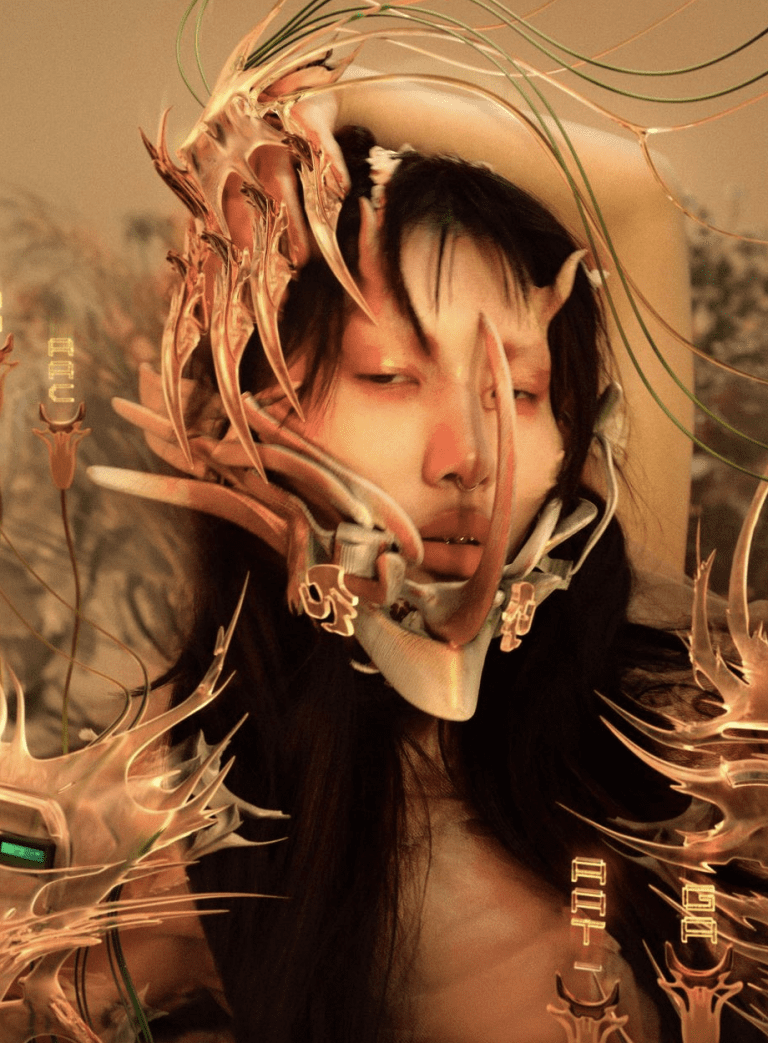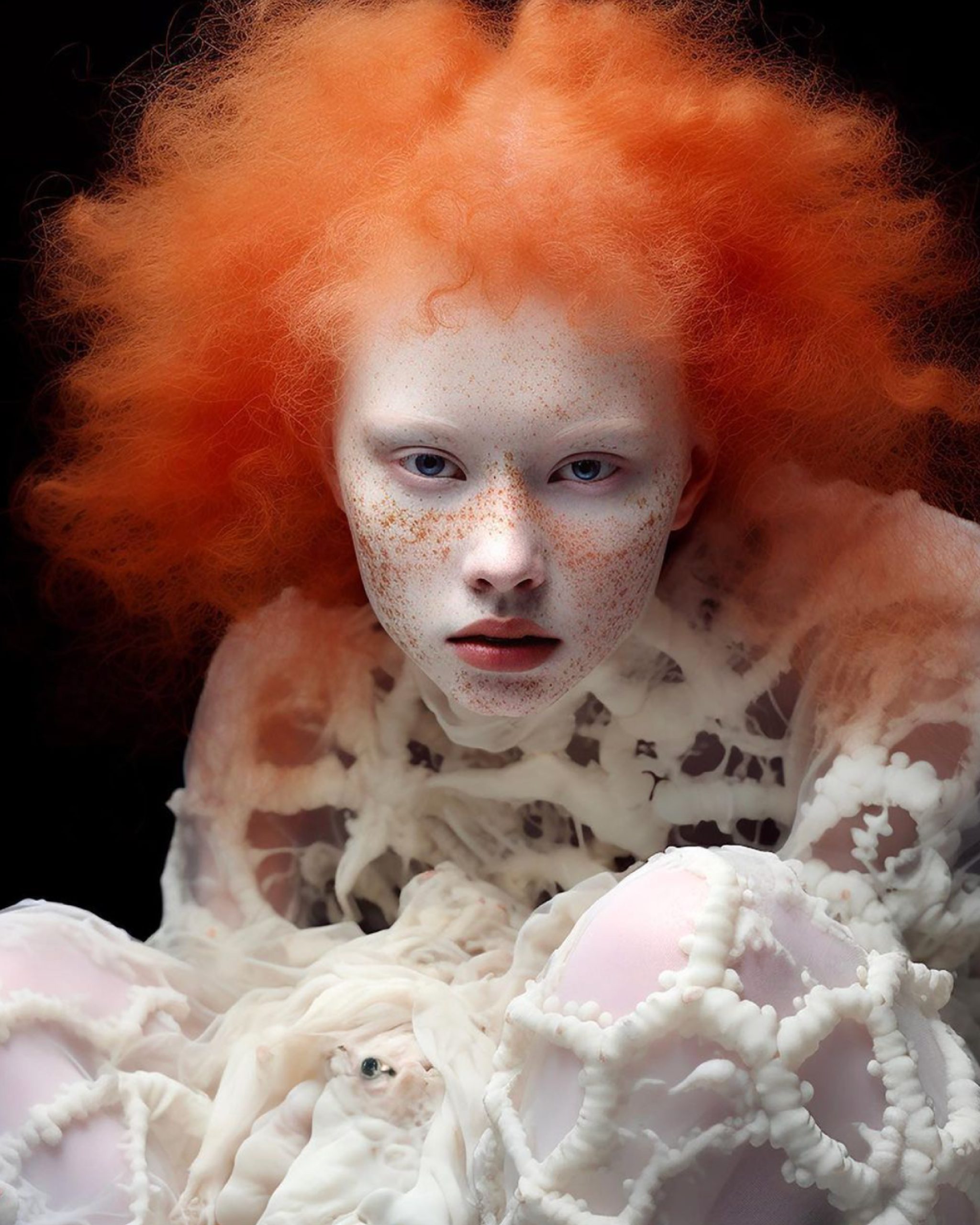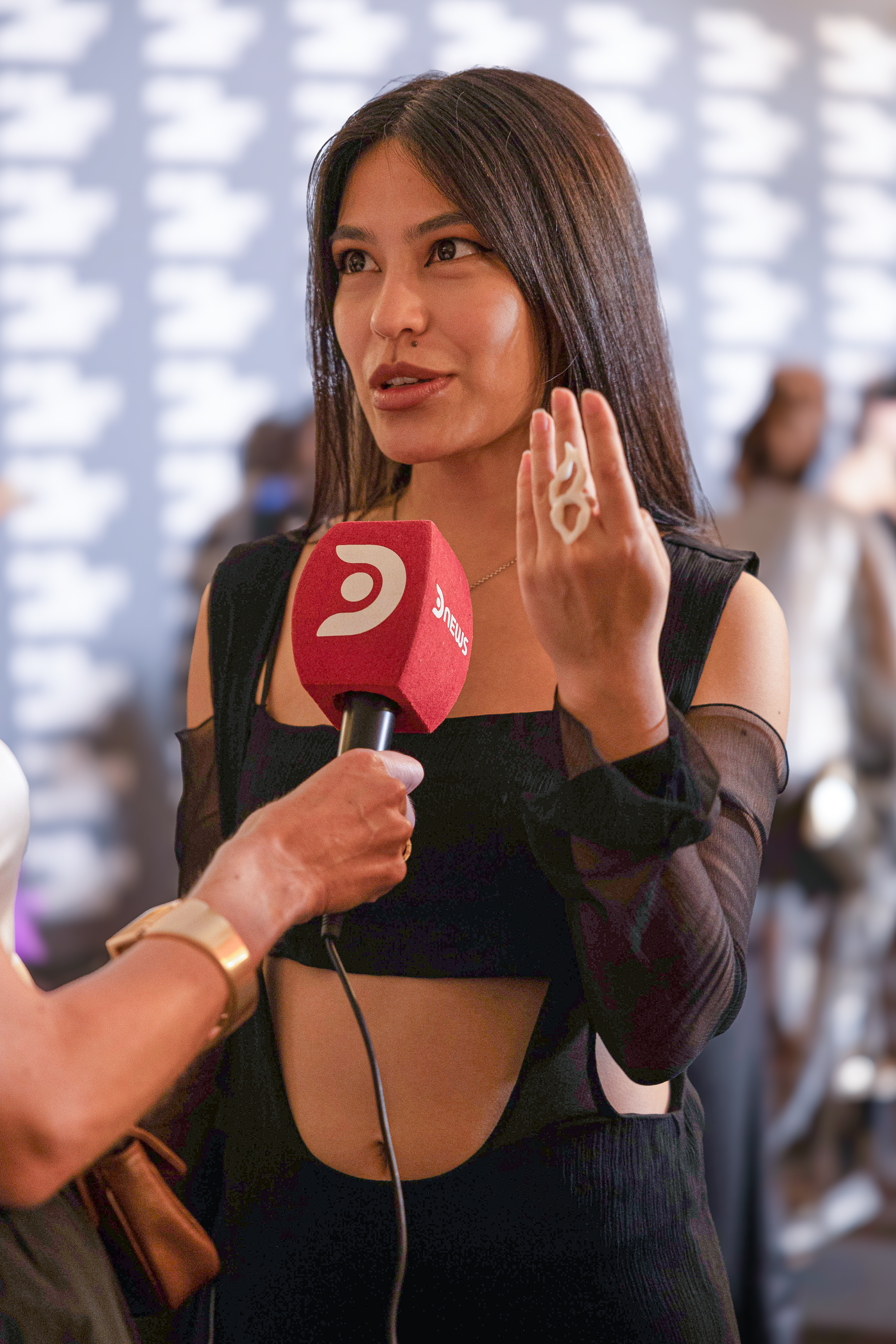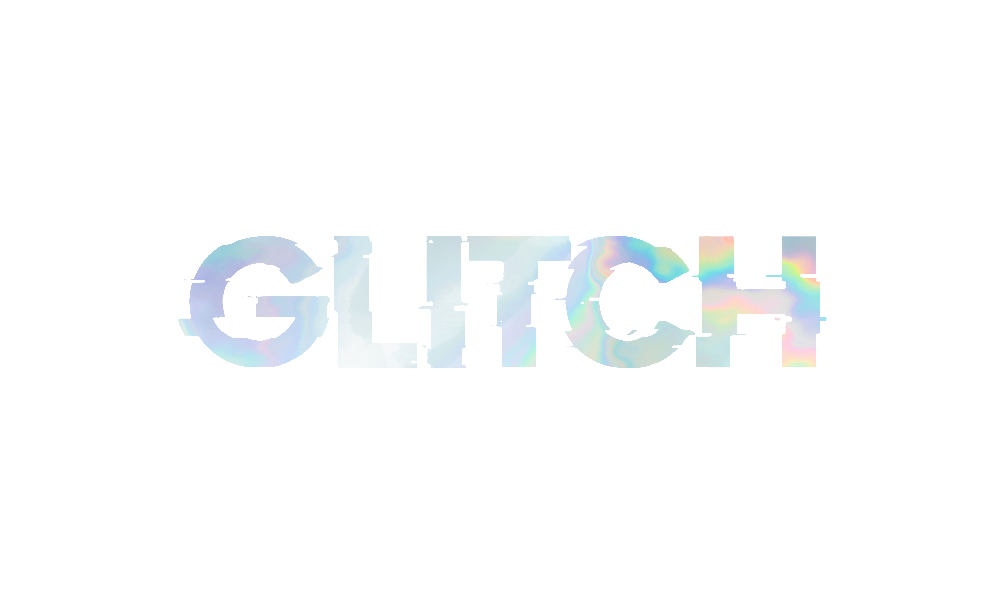Long before the technologically driven advancements of Web 3, the beauty and cosmetics industry has been at the forefront of countless debates. Does makeup really have rules? What does it mean to be beautiful? Is hyaluronic acid really the fountain of youth in a bottle?
Social media shook up the beauty industry immensely, with a spotlight placed on the overuse of filters, excessive photoshop and a lack of inclusivity. As beauty brands everywhere dive head-first into the incorporation of Web 3, a whole new can of worms has been opened. Beauty in the metaverse, will this industry become inspiring or offer a beguilingly cataclysmic peek into the future?
While a rich profusion of opinions inhabit the beauty industry, one thing that cannot be debated is the merging of the digital and physical market. With the line between the digital and physical realm blurring, buzz-words like ‘phygital’ have emerged. The fashion industry has seen remarkable profits within the metaverse with a projected market value of 6.61B in 2026. Lagging behind is the beauty industry, expected to hit a market value of 6.8B the following year. While beauty in the metaverse hasn’t hit the ground running quite like the fashion industry, there’s still an abundance of growth to be expected. In terms of global AI in the beauty and cosmetics market, a growth rate of 14.4% has been predicted throughout 2027, with predominant demand stemming from the need for personalisation when it comes to purchasing beauty products. In 2025, over 70% of beauty brands will have harnessed the influence of AI in the product development process, this is solidified by current statistics showing that 50% of consumers favour AI-powered recommendations when it comes to making purchasing decisions in the beauty market.
WHEN AURAS BECAME DIGITAL COLLECTABLES: THE INTERACTIVE FRAGRANCE COLLECTION BY RTFKT & BYREDO
There’s something uniquely special about picking up a fragrance in store, spraying it on your wrist, and analysing how it interacts with your skin. Studies have shown that fragrances are directly linked to the emotional and memory censors of the brain. The experience of smelling your signature fragrance for the first time is irreplaceable and something that can’t be digitally replicated. While trying on a fragrance or skincare through an AR filter isn’t an accurate representation of the product, brands have learnt to adapt their approach and instead, deliver an immersive, memorable experience that sparks curiosity. The curiosity ignited in the digital world provides the consumer with the incentive to try a physical product that they otherwise may not have noticed. In 2022, emerging player in digital fashion Rtfkt partnered with Byredo, a luxury fragrance brand, resulting in a Web 3 driven perfume collection that broke through the digital atmosphere in the form of wearable “auras” inspired by each individual scent and the emotions they represent. The collectibles worked harmoniously with the physical products and enabled buyers to interact with the fragrances in both the digital and physical space through the integration of NFTs. This revolutionary take on the journey to buying a fragrance enticed countless consumers and single handedly proved that sourcing out of the box resolutions is a key factor in successfully mastering the metaverse.
AN AGE DEFYING PEPTIDE DRIVEN BY PHYGITAL TECHNOLOGY: LUBRIZOL LIFE SCIENCE BEAUTY
Recently, phygital technology has greatly assisted in the development of skincare products with Lubrizol Life Science Beauty advancing its skincare range by producing a powerful peptide that “mimics the benefits of electrical stimulation on the skin”. The “Uplevity™ e-Lift peptide”, is a renewed approach to the science of anti-aging resulting in noticeable facial sculpting, boosted levels of collagen, and mitochondrial function. Test subjects presented a significant minimisation in the appearance of wrinkles with a 13.1% reduction in 7 days. Through sustainable means, The Lubrizol Corporation is leading the way in skincare innovation.
A BRIGHT FUTURE FOR BEAUTY IN THE WEB 3 UNIVERSE
For the beauty industry, Web3 technologies extend far beyond the development of augmented reality (AR) and virtual reality (VR). While using AI technology in order to accurately shade match a foundation, and swatching lipstick through an AR filter, are effective ways to both modernise and simplify the consumer process, there’s so much more to be explored. Web3 has sparked the growth of revolutionary, decentralised marketplaces, where lesser-known, independent beauty brands have the ability to make waves in an oversaturated market. Decentralised marketplaces are bridging the gap between mainstream retail channels and budding creators in order to establish a more inclusive and transparent market. Web3 technologies are also leaving nowhere to hide for unsustainable and dishonest brands. Technologies like blockchain are making everything traceable so consumers can feel confident knowing they’re purchasing from a transparent brand. Those who strive to purchase from ethical and sustainable beauty brands can now be provided with an inside scoop into sourcing and production processes.
A BRIGHT BEGINNING WITH A NIGHTMARISH END: THE DANGERS OF BEAUTY IN THE METAVERSE
Withor without the digital space, there are permanent conflicts that arise within the competitive beauty industry. There’s fear for the impressionable youth, fear for the future of sustainability, and a persistent fight for animal and human rights, but what issues does the metaverse bring to the makeup chair?
AN ENHANCED DISCONNECT FROM THE PHYSICAL BEING
The metaverse is a means for self-discovery and self-expression. It provides a space to experiment with one’s personality through means of vanity. While in the beginning distinctions can be easily made between online and offline identity, the line blurs the more time is spent in the online space. It’s only a matter of time before users place more value in who they are in the metaverse than who they are in reality. The latter has already been witnessed through the effects of social media. This tendency to project an alternate sense of self online can lead to a loss of identity. If we allow it, technology has the power to alter our perception of reality and thus become an exceedingly harmful form of escapism.
A WAVE OF INSECURITY
The internet is being flooded by damaging AR filters that alter your facial features and body shape, and beauty standards that are more unreachable than ever before. How can we possibly compete with an algorithmically perfect avatar? While the metaverse is enticing, of over one thousand survey participants, an overwhelming 77% of respondents believe the metaverse to be a serious threat to modern society. With the beauty industry still a long way from where it should be in terms of inclusivity and positive impact, will the metaverse serve as a backtrack in progress?
THE CONSEQUENCES OF MISINFORMATION
With Web3 intersecting the mainstream market, there are a considerable number of users that aren’t educated on the possible risks associated with the metaverse and more specifically the impact on beauty standards and self-identity. Before entering the metaverse it’s vital to become educated on the ins and outs of each platform and how they may affect mental health.
BEAUTY IN THE METAVERSE: FRIEND OR FOE?
Immersed in the digital space or not, threats are a natural occurrence in life. All one can do is become well versed in the potential threats and positive outcomes, as well as the ways in which this may affect them and their online experience. Web3 technology has the ability to enhance, personalise, and improve the production and consumption of beauty and cosmetic products. It opens the doors to interactive and enigmatic experiences, spotlighting the plentiful possibilities of the near future.
Written by Ashley Jade Callahan
